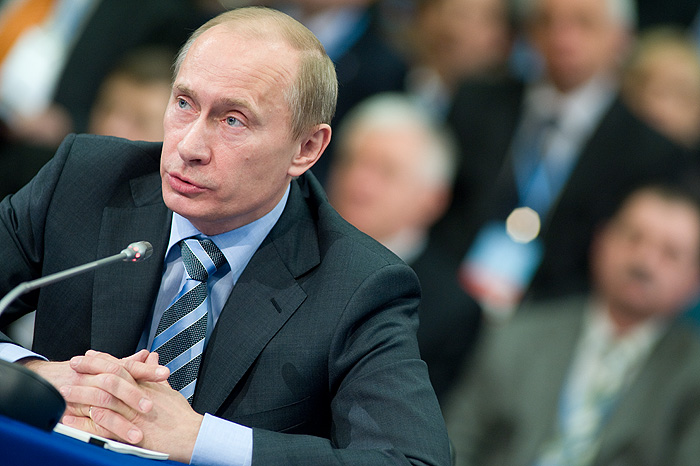- About
- Topics
- Picks
- Audio
- Story
- In-Depth
- Opinion
- News
- Donate
- Signup for our newsletterOur Editors' Best Picks.Send
Read, Debate: Engage.
| topic: | Peace and Reconciliation |
|---|---|
| located: | Ukraine, Russia, Afghanistan, Pakistan, India |
| editor: | Shadi Khan Saif |
“War is nothing but uprooting humanity,” declares one of the many idioms in Afghanistan’s Pashto language about the decades of lingering conflict in the devastated country. The unfortunate invasion of Ukraine was almost inevitable as Russia, the US and allies remained on the course of confrontation for years.
In the wake of this conflict in Ukraine following Russia’s brutal armed invasion - regardless of the ever-growing split in the international community over the geostrategic dynamics of this war – we must all realise that there are never winners in a war. War only brings death, destruction and wounds on hearts and minds for generations to come.
Even as technology has connected the world more tightly, we are certainly far behind in terms of coming closer together, accepting each other and overcoming the past miseries to shape a peaceful and prosperous future.
The condemnable Russian invasion of Ukraine, and all such armed interventions around the world, explains the perils of failed diplomacy and the triumph of fire-power in settling such past and lingering disputes.
Keeping in mind the NATO – Russia rift, by drawing parallels between the situation in Ukraine and the decades of conflict in Afghanistan, I would underline the issue of colonial-era drawing of borders and its deadly legacies decades onwards.
The brazen snatching of independence from subject countries by the western colonial powers and then the subsequent realignment of new borders left societies with historic and cultural bonds divided and sowed the seeds for such deadly feuds to emerge in the future.
The dispute of the Durand Line border between Afghanistan and Pakistan is one such example, as is the Kashmir issue between India and Pakistan caused by the British in the 20th Century.
Often overlooking this historic perspective, people in affected countries such as India, Pakistan and Afghanistan, Russia and Ukraine tend to get carried away with the currents of domestic politics in such divided and polarised societies, causing tensions and even wars.
Instead of seeking military solutions, peacefully resolving the lingering geographic and strategic disputes is a much more difficult task that requires plenty of compromises and a spirit of goodwill on both sides.
The Elysee Treaty between France and Germany is something I have always admired in terms of changing the historically perceived enmity between neighbours into an exemplary friendship.
Going back to the Pashto proverbs from Afghanistan, there is another that translates to “Putting a stone over a dispute” which means moving onwards to a peaceful coexistence if a lingering dispute is not instantly resolved - instead of mounting a war over it and destroying lives.
Photo by Max Kukurudziak

